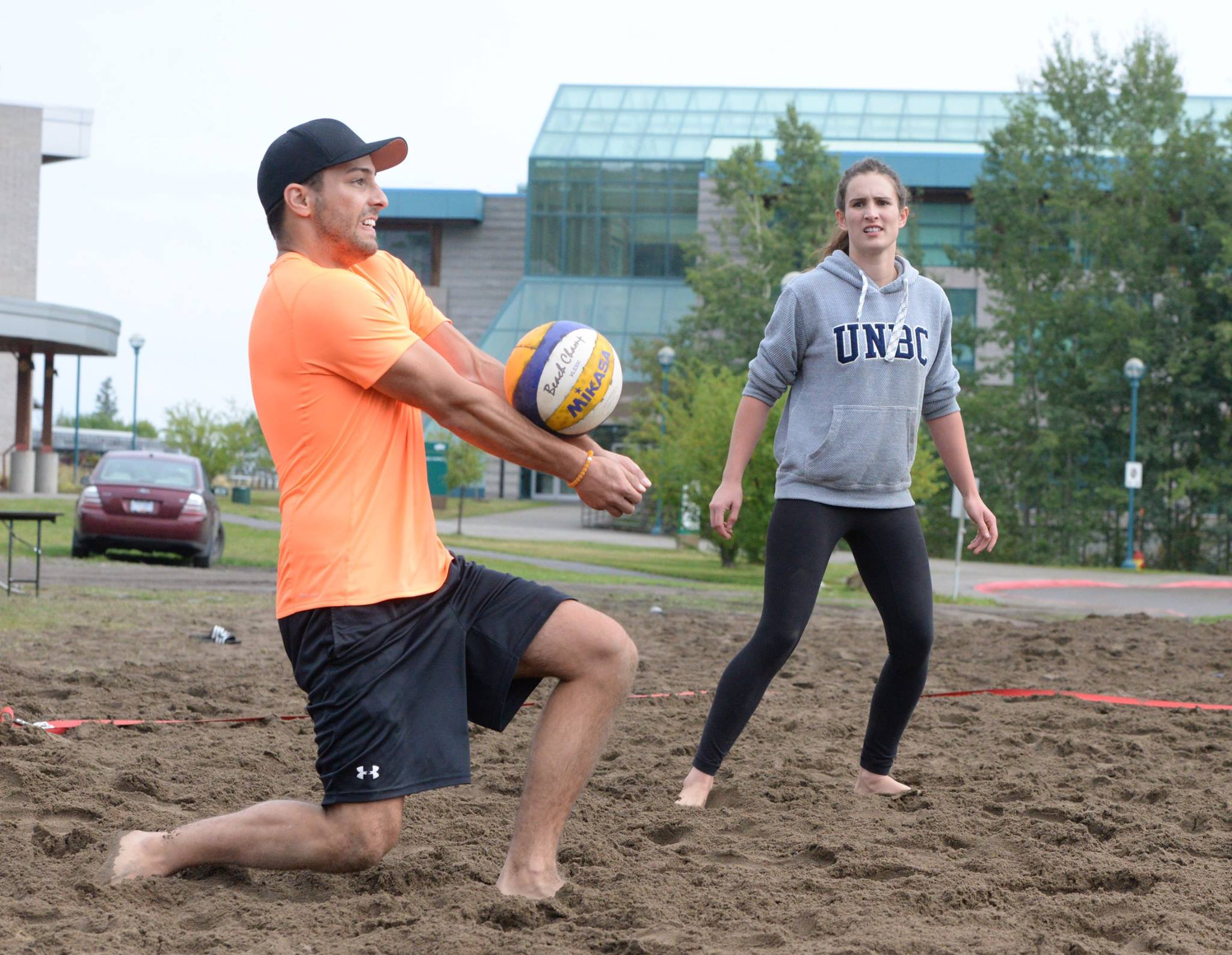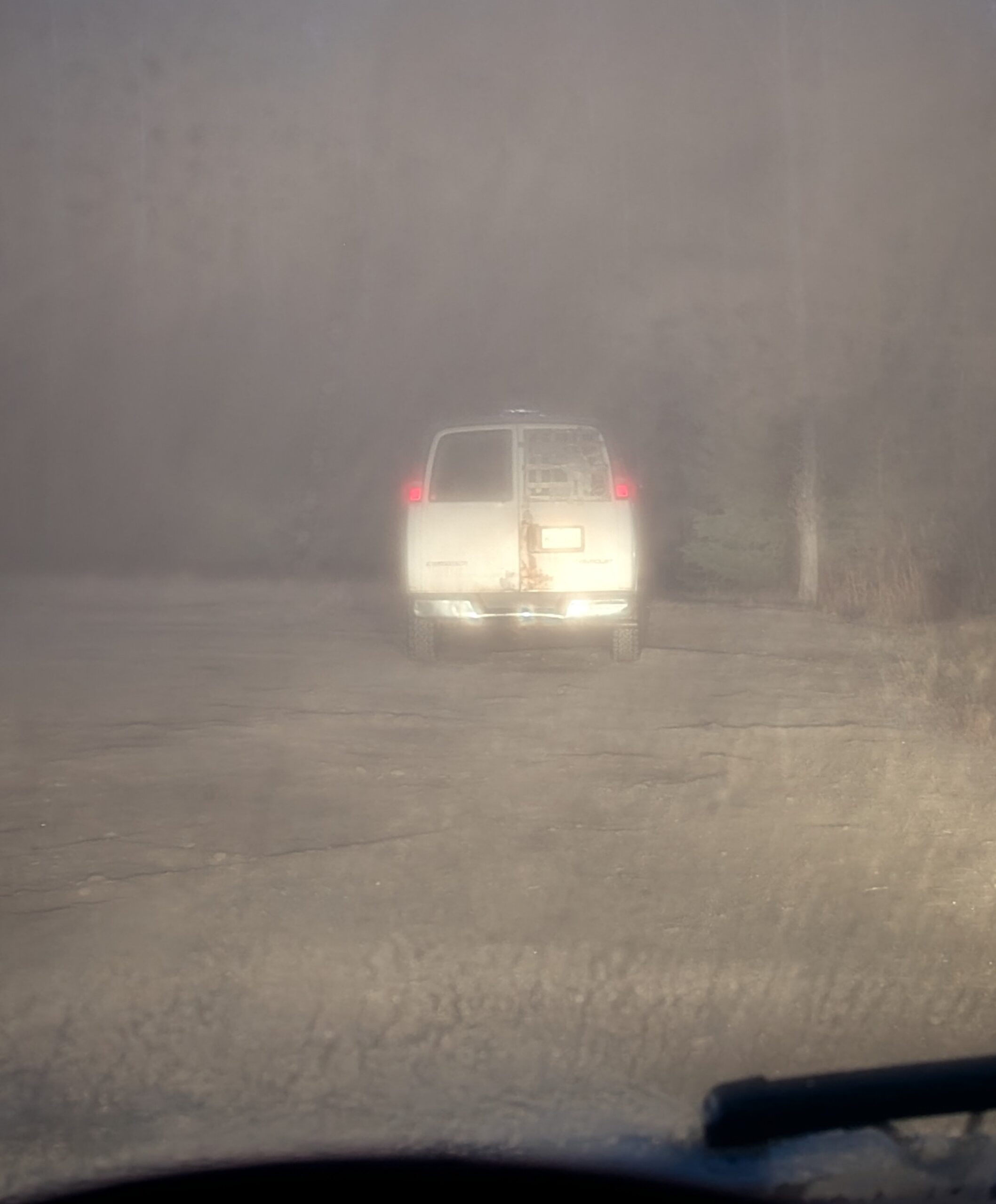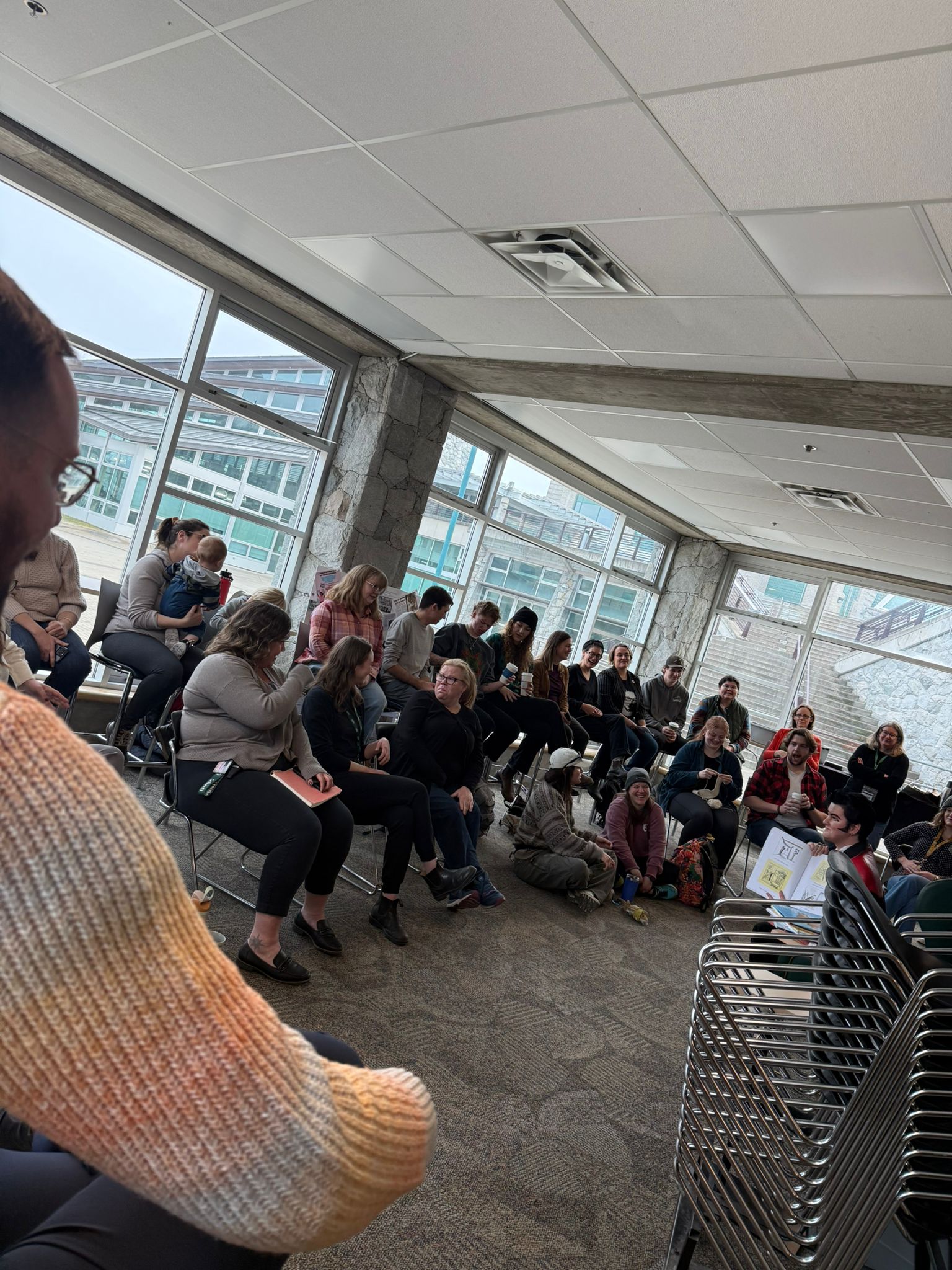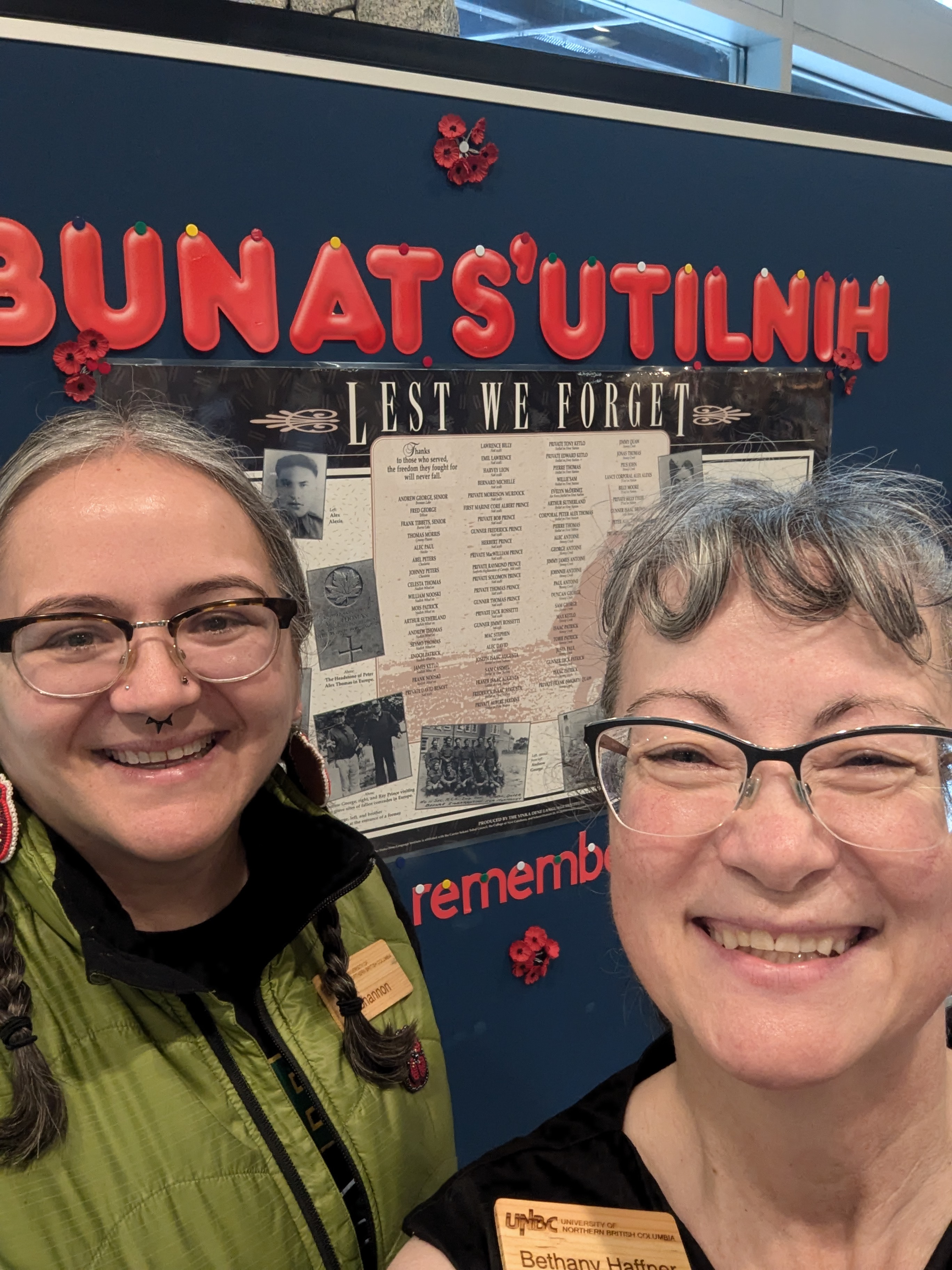By the CETE Research Group: A. Lautensach, C. Ho Younghusband, G. Thielmann, D. Litz, H. Banack, and J. Crandall
School of Education, University of Northern British Columbia
Recent elections in the US and Germany reveal a troubling trend: voters prioritizing short-term economic and social concerns over climate security. In northern BC, where temperatures are projected to rise 2.5 to 3 times faster than in the Lower Mainland, this shift in priorities is particularly concerning.
Scientists warn that a 43% cut in greenhouse gas emissions is needed to keep global warming below 1.5°C—a critical threshold beyond which climate disruption accelerates dramatically. Ignoring this reality limits our options and increases the likelihood of worst-case scenarios.
However, there’s still hope. Canadians can help create a “less worse” future by avoiding denial and status quo thinking. Students especially can make decisions that positively impact their futures by setting goals, analyzing trends, constructing scenarios, and taking Earth-conscious action. Collectively, these efforts can determine whether regions remain habitable.
At UNBC’s School of Education, our Climate Education in Teacher Education (CETE) research group believes education plays a crucial role in addressing these challenges. The BC K-12 curriculum currently lacks comprehensive, cross-disciplinary climate change education that could benefit future generations. Meanwhile, many young people report feeling unsupported as they face anxiety and despair about our environmental future.
Since teacher preparation directly impacts educational quality, CETE works with pre-service and in-service teachers throughout northern BC. We help them implement the provincial curriculum while enriching it with knowledge, skills, and competencies that empower students through climate change education.
Over the past two and a half years, we’ve developed ten workshops covering topics like climate change education methods, emotional responses to climate change, curriculum adaptation, and health impacts. These workshops are available online, in-person, or in hybrid formats, and recordings can be accessed on the CETE webpage under the UNBC School of Education website.
Our research includes surveys and focus groups with teachers in northern BC, and our project incorporates teaching resources, professional development, and Indigenous knowledge and perspectives.
We invite students from all programs to contact us for more information about K-12 climate change education. We’re also eager to learn about your views, feelings, and concerns regarding climate change impacts in northern BC, and how you see education as a vehicle for climate action.




